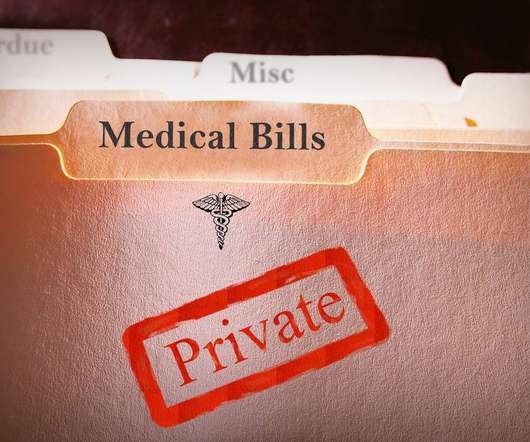Credit card debt has plunged
Collection Industry News
MAY 24, 2021
Credit card debt has plunged — but what if you’re still up to your neck? Credit card debt has fallen during the pandemic, with figures from credit bureau Experian showing the average debt dropped from $6,194 in 2019 to $5,313 in 2020. So that debt is really, really important,” Orman told CNBC.






























Let's personalize your content